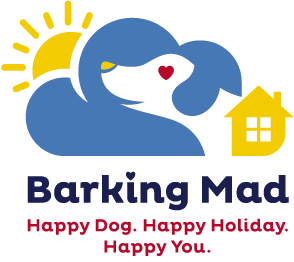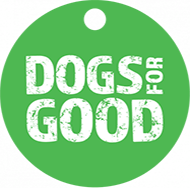Helping Your Pet Feel Better: A Guide to Resolving Dog Constipation
Dog constipation can be distressing for both pets and their owners. Just like humans, dogs can suffer from constipation, leading to discomfort and potential health issues if left untreated. Understanding the causes, symptoms, and remedies for dog constipation is crucial for ensuring your furry friend’s wellbeing.
What is dog constipation?
Dog constipation occurs when a dog has difficulty passing stools or has infrequent bowel movements. It can range from mild discomfort to severe complications, depending on the underlying cause and duration of the condition. Constipated dogs may strain while trying to defecate, produce dry or hard stools, or even show signs of pain or distress.

What causes dog constipation?
Several factors can contribute to dog constipation, including:
– Dehydration: Lack of water intake can lead to dry, hard stools that are difficult to pass.
– Dietary Issues: Inadequate fibre in the diet or sudden changes in food can cause constipation.
– Lack of Exercise: Insufficient physical activity can slow down the digestive process in dogs.
– Hairballs: Dogs that groom themselves excessively may ingest hair, leading to intestinal blockages.
– Medical Conditions: Underlying health issues such as anal gland problems, obstructions in the gastrointestinal tract, or neurological disorders can also cause constipation.
Why do dogs get constipated?
Constipation in dogs can occur due to various reasons, including lifestyle factors, dietary habits, and underlying health conditions. Dogs may experience constipation occasionally, but chronic constipation could indicate an underlying health issue that requires veterinary attention. Understanding the root cause is essential for effective treatment and prevention strategies.
What activities can help resolve the problem?
– Ensure your dog always has access to fresh water to prevent dehydration, which can contribute to constipation.
– Regular exercise can stimulate bowel movements and improve overall digestive health.
– Introduce high-fibre foods into your dog’s diet, such as brown rice and green vegetables, to promote regular bowel movements.
– Take your dog for frequent walks to encourage them to relieve themselves regularly.
– Gently massage your dog’s abdomen to stimulate bowel movements and alleviate discomfort.

Which foods may help relieve dog constipation?
Brown Rice: A natural source of fibre that can soften stools and aid in digestion.
Plain Yogurt: Contains probiotics that promote gut health and regulate bowel movements.
Green Vegetables: Broccoli, spinach, and kale are rich in fibre and beneficial nutrients for digestive health.
Which foods should you avoid feeing a dog with constipation?
Dry or Low-Fibre Foods: These can exacerbate constipation by further drying out stools.
Dairy Products: Some dogs may be lactose intolerant, leading to digestive issues such as constipation.
Bones or Rawhide Chews: These can cause intestinal blockages if ingested in large pieces.
Does constipation affect different breeds differently?
While all dogs can experience constipation, certain breeds may be more prone to it due to their size, age, or genetic predispositions. Brachycephalic breeds (dogs with short noses), such as Bulldogs and Pugs, may be at higher risk due to respiratory issues that can affect their overall health. Additionally, senior dogs and those with underlying medical conditions may be more susceptible to constipation.
What to give a constipated dog?
In the UK, pet owners can find various over-the-counter remedies such as stool softeners or laxatives specifically formulated for dogs. However, it’s crucial to consult with a vet before administering any medication to ensure it’s safe and appropriate for your dog’s condition. Dog constipation can be uncomfortable for your dog, but with proper understanding and proactive measures, you can help alleviate their discomfort and promote better digestive health. By incorporating a balanced diet, regular exercise and prompt veterinary care when needed, you can ensure your dog stays happy, healthy and free from constipation-related issues. Remember, always prioritise your dog’s well-being and seek professional advice if you have concerns about their digestive health. Your furry friend will thank you for it with wagging tails and playful antics!




